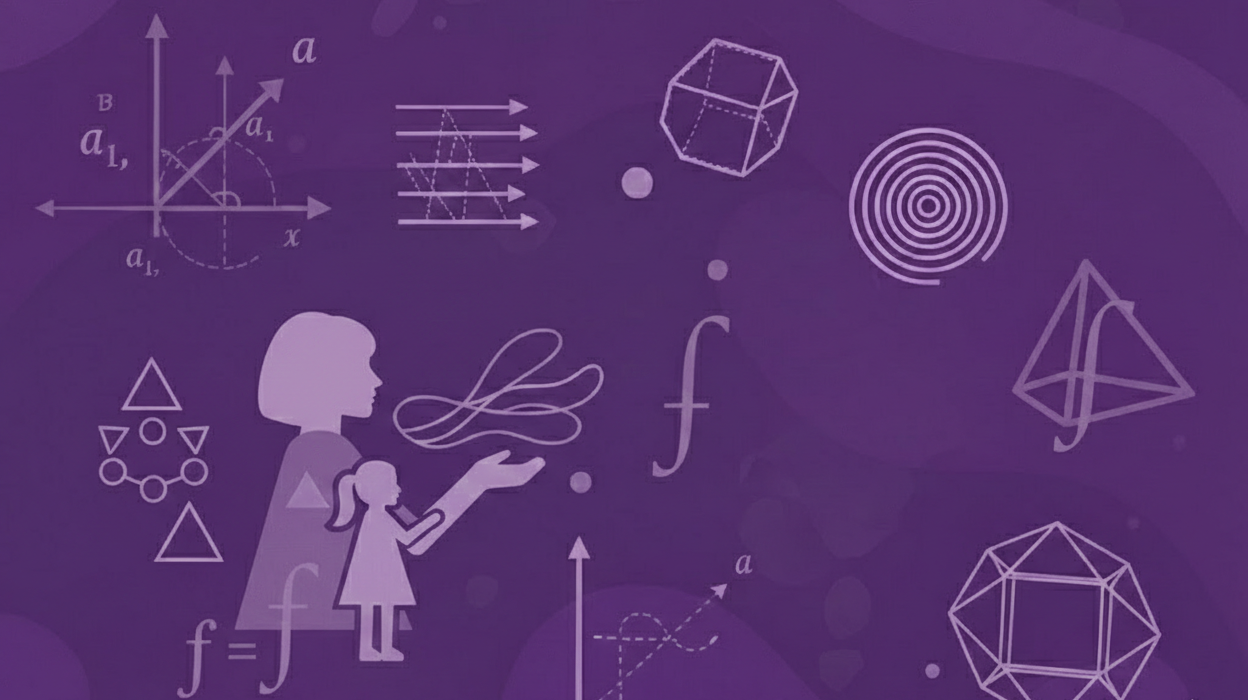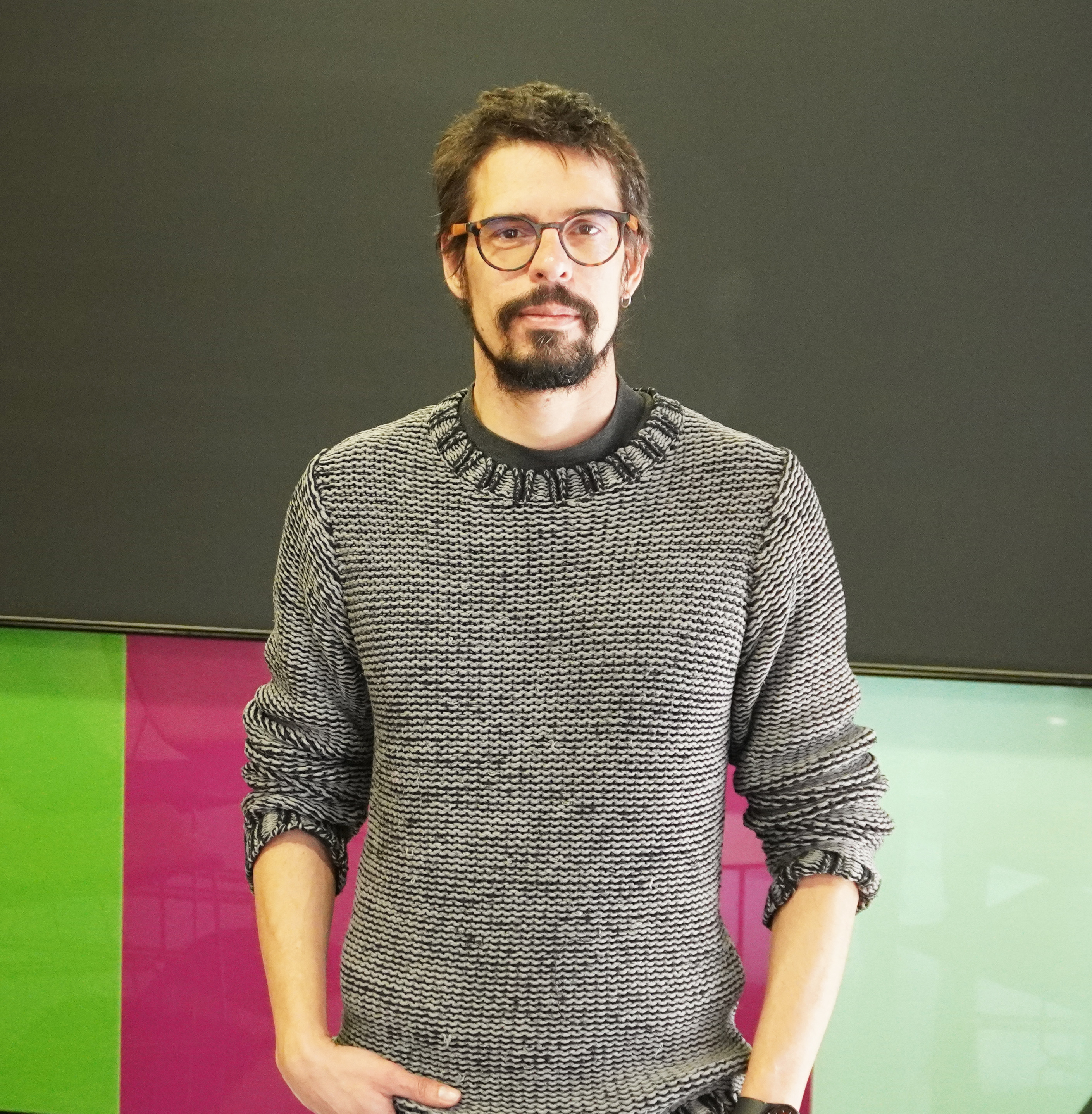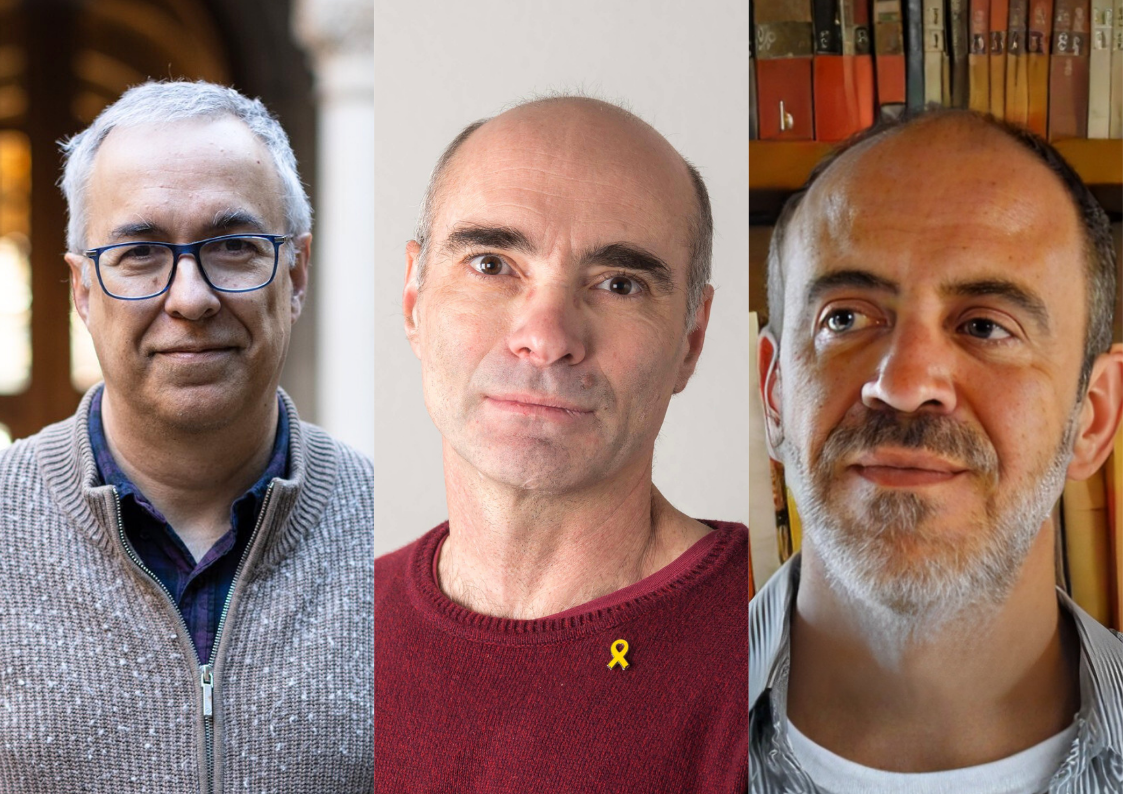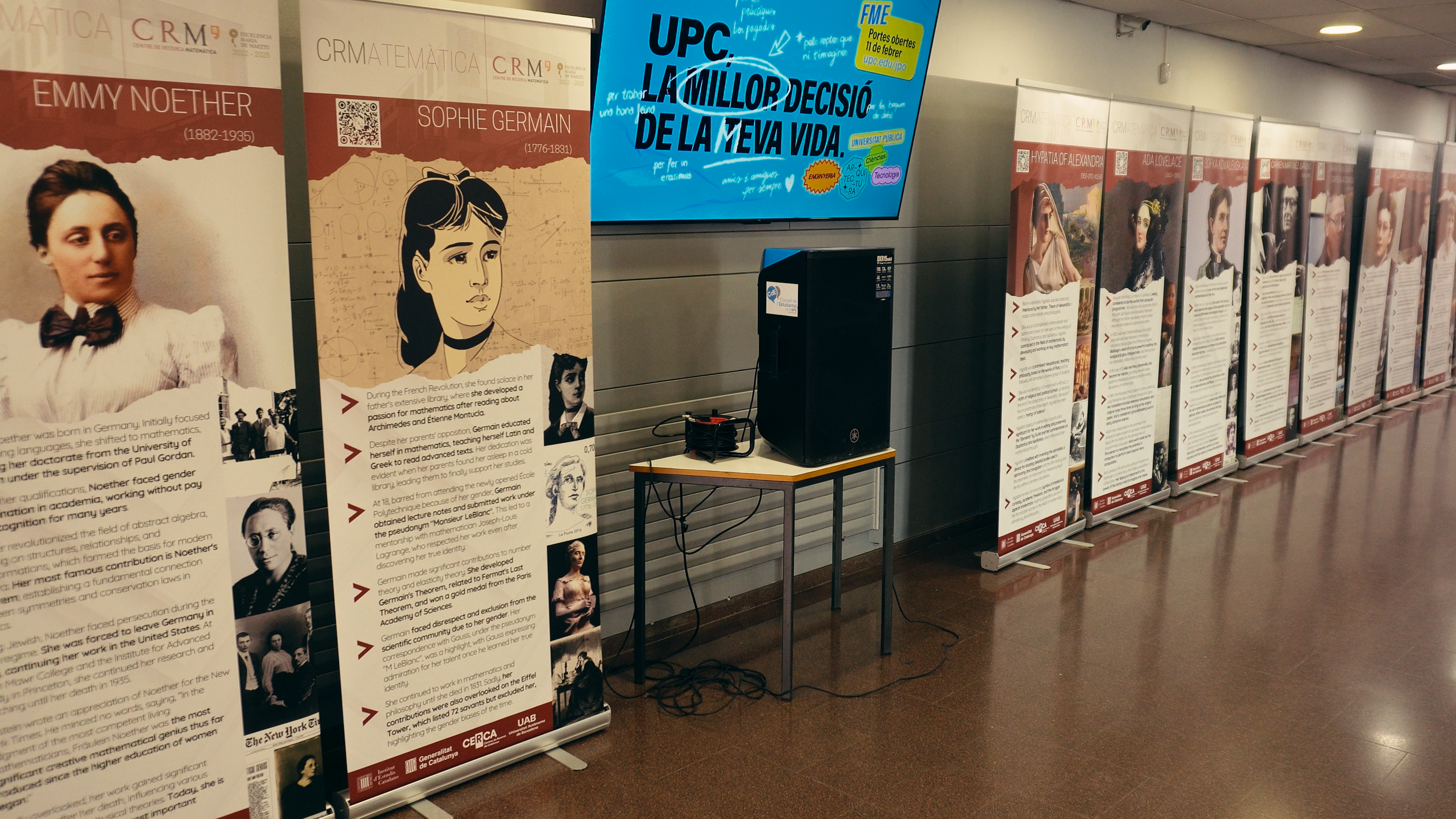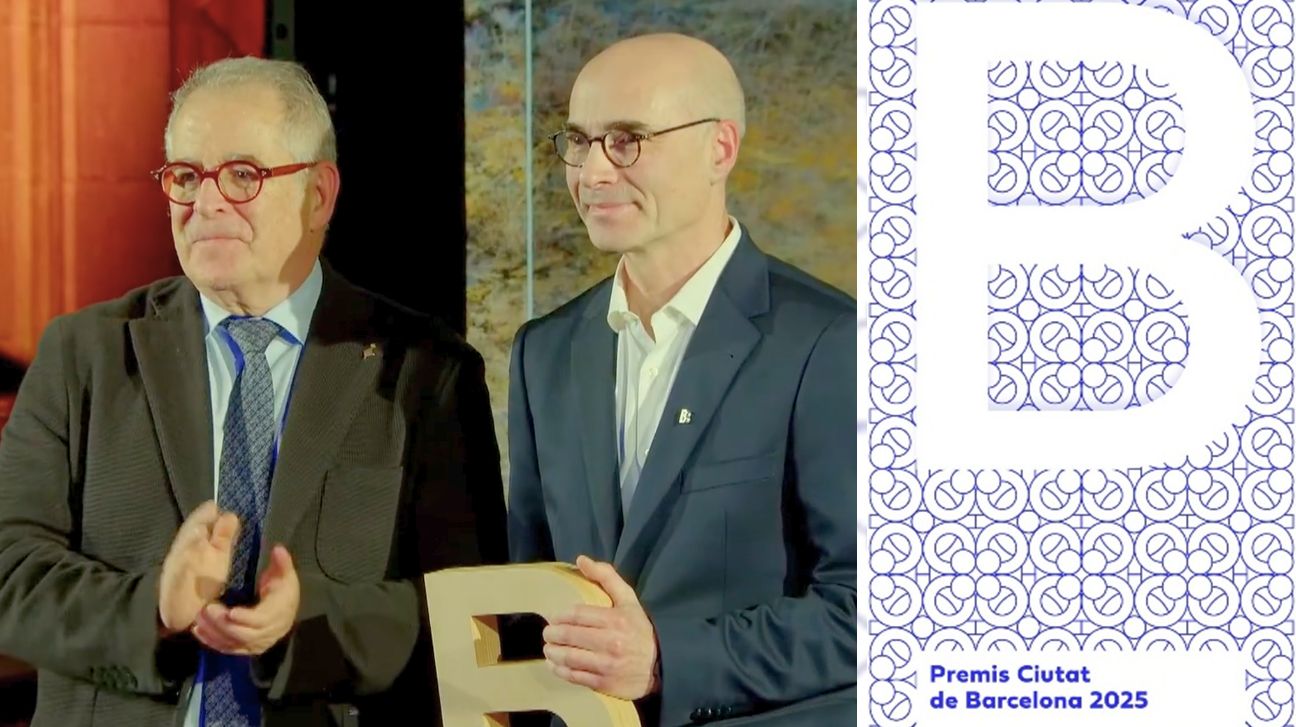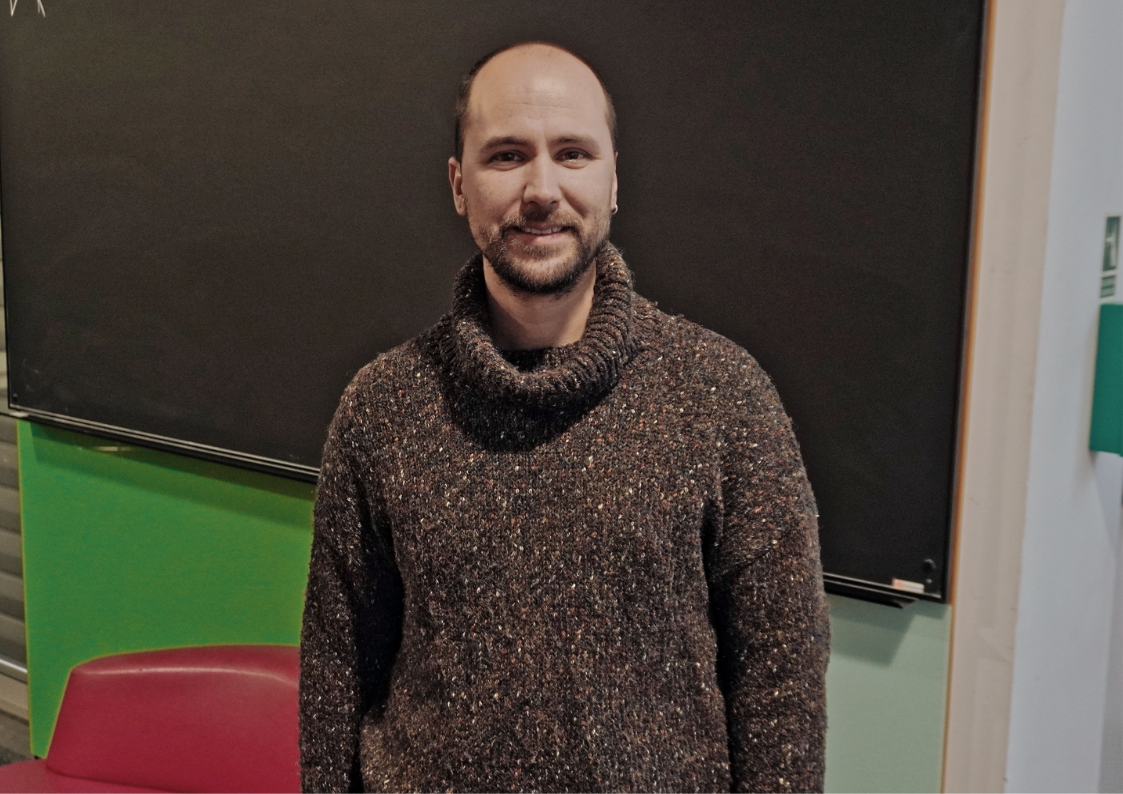On February 17th, the Catalan Institution for Research and Advanced Studies (ICREA) announced the awardees for the 2021 call of the ICREA academia prize, a list that includes UPC-CRM researcher Eva Miranda. The recognition, which is awarded for five years, aims at increase the international impact of research conducted at Catalan universities.

ICREA, the Catalan Institution for Research and Advanced Studies, has announced the awardees for the 2021 call of the ICREA academia prize. In the field of mathematics, the institution has recognized Eva Miranda, full professor at UPC and CRM researcher. The list includes about thirty experts from different fields of knowledge within the framework of the Catalan university system.
This is the second time Eva Miranda has received this distinction.
Eva Miranda is the head of the Lab of Geometry and Dynamical Systems. During her research career, she has received Marie Curie and Juan de la Cierva grants, and she was an honorary member at CSIC-ICMAT and at Observatoire de Paris. She has published over 50 articles and supervised 9 Ph.D. theses. In 2017 she was awarded a Chaire d’Excellence of the Fondation Sciences Mathématiques de Paris.
This is the second time she has been awarded by the ICREA institution. In 2016, the ICREA academia supported her work to improve the understanding of the role of singularities in Geometry and Dynamics and more concretely to develop a research plan in b-symplectic Geometry and Celestial mechanics. In 2016 she was the only mathematician in a list of 15 awardees in all areas of research.
During the five years that covers the prize, she will focus on the study of topics such as the singular Weinstein conjecture, the quantization of Poisson manifolds, and understanding the (computational) complexity in Fluids. Miranda worked on the Weinstein conjecture in the last years and extended its formulation to the singular realm in 2021. Now the challenge is to actually find these orbits and develop new machinery to do so such as a singular version of Floer homology. To illustrate with an example: Such singular orbits can be artistically represented as the reflection of the Rakotzbrücke Devil’s Bridge on the water. The [Q,R]=0 conjecture is wildly understood in Symplectic manifolds but singularities are left out of the picture. The aim of Eva Miranda is to prove this in the context of Poisson manifolds which would have an important impact on the study of Quantum models.
The last topic in which she started to work in the last couple of years was originally motivated by an approach of Tao of attacking the Navier-Stokes conjecture using Turing complete flows. If the programme works satisfactory this could help understand whether the blow-up of the Navier-Stokes equations (which would solve, in the negative, the Navier-Stokes conjecture in the Clay Foundation list) can occur or at least understand more about its complexity.
Miranda’s research is at the crossroads of Differential Geometry, Mathematical Physics and Dynamical Systems. She works with objects appearing on the interface of Geometry and Physics such as integrable systems and group actions acquainting for symmetries of the systems. She is particularly interested in building bridges between different areas such as Geometry, Dynamical Systems, Mathematical Physics and, more recently, Fluid Dynamics.
If you want to know more about her work, we recommend you to check out the interview with her included in the last Newsletter by the Instituto de Ciencias Matemáticas (ICMAT).

CRM Comm Team
Anna Drou | Paula Lomascolo | Pau Varela
Trivial matemàtiques 11F-2026
Rescuing Data from the Pandemic: A Method to Correct Healthcare Shocks
When COVID-19 lockdowns disrupted healthcare in 2020, insurance companies discarded their data; claims had dropped 15%, and patterns made no sense. A new paper in Insurance: Mathematics and Economics shows how to rescue that information by...
El CRM Faculty Colloquium inaugural reuneix tres ponents de l’ICM 2026
Xavier Cabré, Joaquim Ortega-Cerdà i Xavier Tolsa, tots tres convidats a parlar al Congrés Internacional de Matemàtics del 2026, protagonitzaran la primera edició del nou col·loqui trimestral del Centre el 19 de febrer.El Centre de Recerca...
L’exposició “Figures Visibles” s’inaugura a la FME-UPC
L'exposició "Figures Visibles", produïda pel CRM, s'ha inaugurat avui al vestíbul de la Facultat de Matemàtiques i Estadística (FME) de la UPC coincidint amb el Dia Internacional de la Nena i la Dona en la Ciència. La mostra recull la trajectòria...
Xavier Tolsa rep el Premi Ciutat de Barcelona per un resultat clau en matemàtica fonamental
L’investigador Xavier Tolsa (ICREA–UAB–CRM) ha estat guardonat amb el Premi Ciutat de Barcelona 2025 en la categoria de Ciències Fonamentals i Matemàtiques, un reconeixement que atorga l’Ajuntament de Barcelona i que enguany arriba a la seva 76a edició. L’acte de...
Axel Masó Returns to CRM as a Postdoctoral Researcher
Axel Masó returns to CRM as a postdoctoral researcher after a two-year stint at the Knowledge Transfer Unit. He joins the Mathematical Biology research group and KTU to work on the Neuromunt project, an interdisciplinary initiative that studies...

